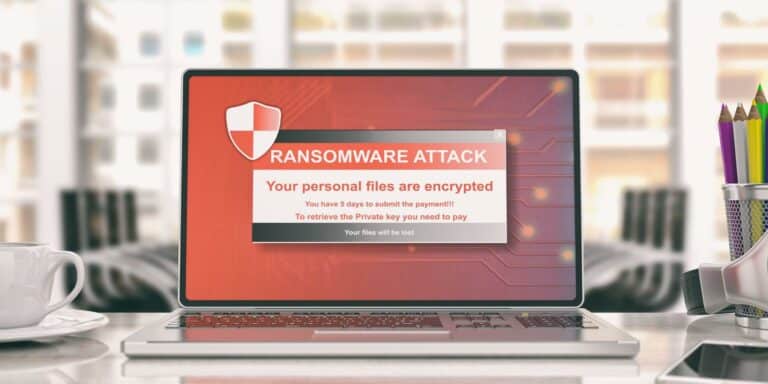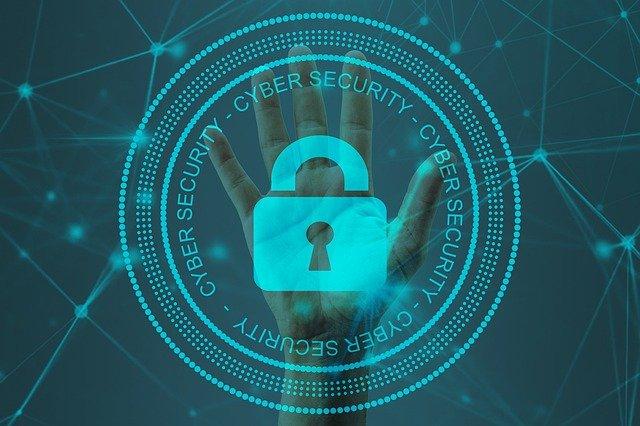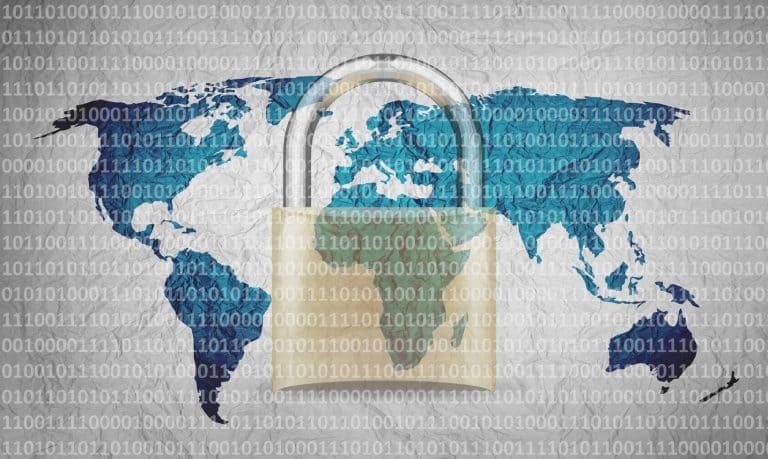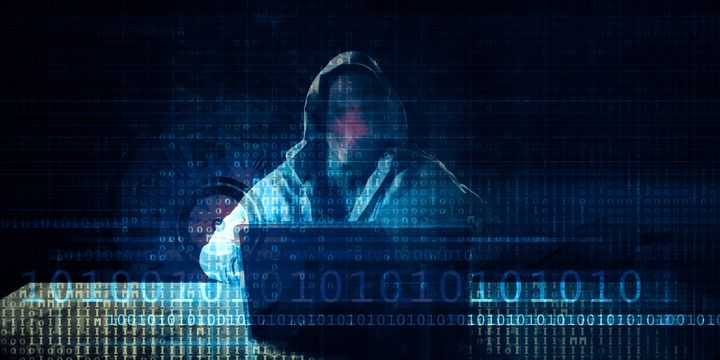3 Consequences Of A Malware Attack
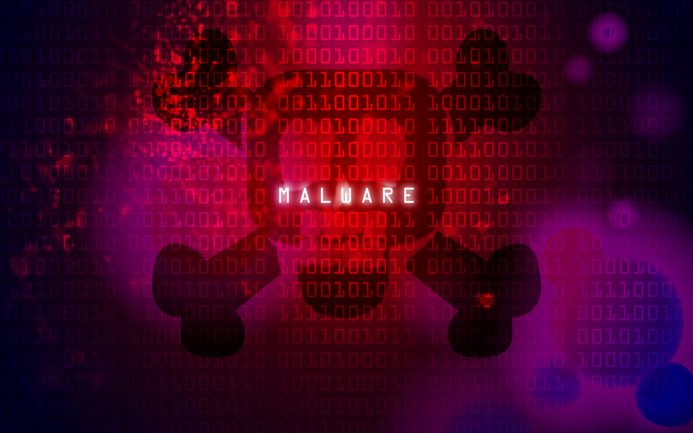
In today’s digital world, many businesses and individuals are susceptible to cybersecurity threats, including malware attacks. Since technology and devices are constantly evolving, there’s a colossal possibility a malware attack can victimize you or your organization.
Primarily, a malware attack refers to a type of cybersecurity attack that occurs when cybercriminals install malicious software on the victim’s computer system without their knowledge and consent. The intention is to get easy access to personal and financial information. When your personal and business systems have been attacked by malware, it can significantly impact your organization.
Read on to learn the three consequences of a malware attack on your personal or business systems.
Loss Of Important Information
One of the common consequences of malware attacks is the loss of important personal or business information. Most malware attacks involve stealing sensitive information, such as client profiles, browsing history, passwords, financial accounts, and other sensitive data.
When this happens, you or your business can become victims of any criminal activity. For example, when cybercriminals gain access to your financial information, they can have an opportunity to steal your personal or business money. Also, if the malware steals your personal information, you may become a victim of identity theft which can have emotional, financial, physical, and social toll on your life.
Cyber Extortion
Another consequence of getting your personal or business systems attacked by malware is cyber extortion. Some types of malware are used to extort money from their victims directly.
For example, if scareware infiltrates your systems and scares you with empty threats, you may end up paying them some money directly. Also, if ransomware gets into your systems, it may prevent you from accessing your important data until you pay a considerable amount of money.
These are some common cyber extortion scenarios involved in a malware attack. Thus, it would help to educate yourself about this matter to protect yourself and your business against extortion caused by malicious software. Additionally, working with a reliable IT (information technology) professional can also be a good idea if you want an extra layer of protection against any unlawful activity.
Disrupted Business Operations
A malware attack doesn’t only come with personal consequences. It can also have some negative impacts on your business. For instance, when malware attacks your organization, it can cause disrupted business operations. When this happens, your business can lose a considerable amount in revenues, and sustain damage to your good reputation in the long run.
Typically, a malware attack can disrupt your business operations in the following ways:
- Slow your computer systems: When malware starts to infiltrate your company’s computer systems, it consumes a large amount of space in your systems’ memory. Unfortunately, this loss of digital space can result in the slowing down of your computer systems. As a result, your organization may find it challenging to perform your daily operations efficiently and productively.
- Affect the entire network: Certain types of malware can cause too much disruption to your business that they prevent your whole organization from operating. For example, when worms (self-replicating malware) get into your business systems, they scatter through the network and cause damage to your operations. Since most companies use their devices in a single network, a malware attack can bring disruptive effects to organizations.
- Restrict your access to essential files: Apart from stealing critical information, a malware attack can prohibit you from accessing relevant business files in your computer networks. There are certain types of malware that delete or damage programs on your computers. Unless you have a backup server that protects your files against a cyberattack, your company may incur access restrictions, which can disrupt business operations and cause productivity issues.
- Control system applications: When malware infects your computer systems, it can also control all the applications operating on your devices. When this happens, your business may be unable to efficiently perform its operations, thereby causing financial losses over time.
Bottom Line
Malware attacks come in different ways. But regardless of which type of this malicious software has infected your personal and business systems, it can harm your day-to-day activities. Therefore, to better understand the consequences of a malware attack, keep in mind the information mentioned above, and you’re good to go.
Luckily, with proper planning and use of the best cybersecurity strategies, you can protect your personal affairs and business against this threat. Also, by getting the assistance of a reliable IT expert, you can focus on doing the right thing. And that’s making yourself more successful in growing your business. Just make sure to choose the right IT partner to achieve better results.

